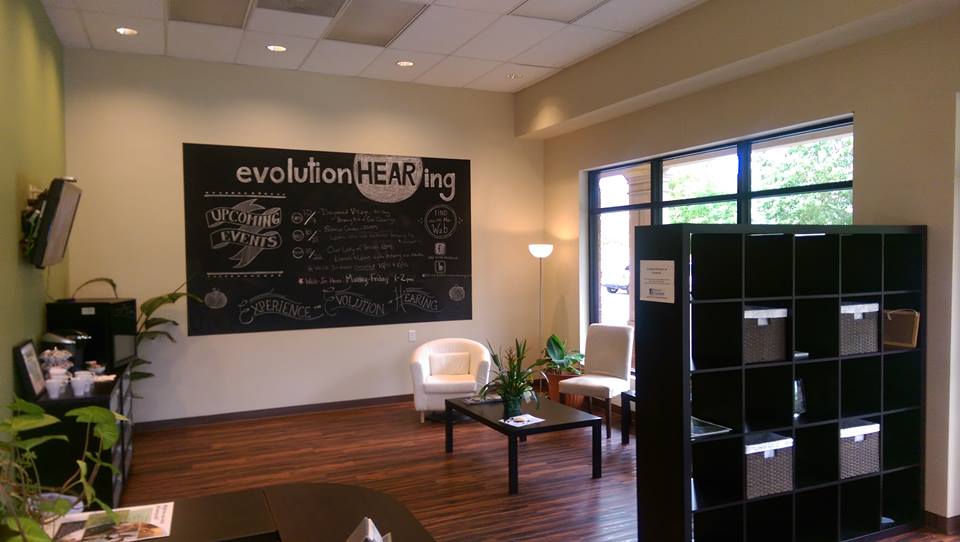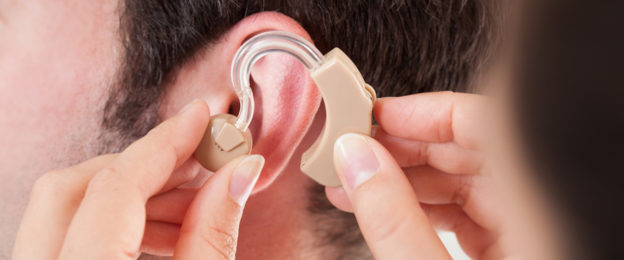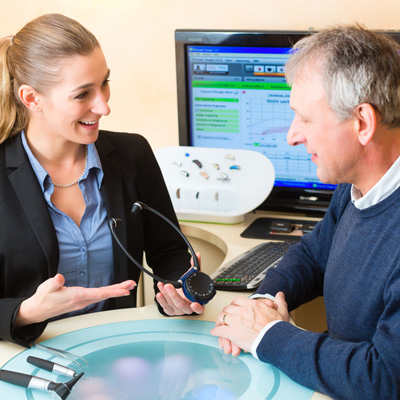Summertime is upon us and that means warm weather, time spent outdoors and family vacations! But summer weather and traveling can be stressful for those with hearing aids, which is why we want to share some tips to ensure you have an enjoyable, stress-free summer!
1. Let People KnowWhen traveling it’s important to make sure people know you wear hearing aids. When you’re going through airport security, hearing aids can set off the metal detectors, so tell a security officer to avoid issues. Other traveling scenarios where it’s good to let people know about your hearing aids include riding in cabs and dining out at restaurants. This information will help your cab driver or waiter/waitress provide better service and understanding.
2. Ensure ProtectionMake sure you keep your hearing aids in a protective case and out of direct sunlight when you are not wearing them and remove them before swimming or during activities where you might be exposed to water. If your vacation includes attending a loud area or event, be sure to bring earplugs to help block out extra noise. Just because you’re on vacation doesn’t mean you can let your guard down with your hearing aids.
3. Get OrganizedBefore you get to your travel destination, make sure to map out hearing-friendly locations. Most public lines of transportation, museums, theaters, etc. provide assistive listening devices to help those with hearing loss understand announcements better. If you use Bluetooth accessories, don’t forget to bring those along. They can make it easier to talk to flight attendants, airline employees or anyone else in noisy environments.
4. Take ExtrasDon’t get caught on vacation without properly working hearing aids! Make sure you pack extra batteries, domes, wax guards and all other hearing aid accessories that you might need while you’re away from home.Enjoy your vacation!
Traveling should be an enjoyable experience. Make the most of your trip by planning ahead. Have questions about how to care for your hearing aids? Call Evolution Hearing in Charlottesville, VA at 434-260-8007 or call our Raleigh, NC location at 919-670-3258 today.
Content Source








